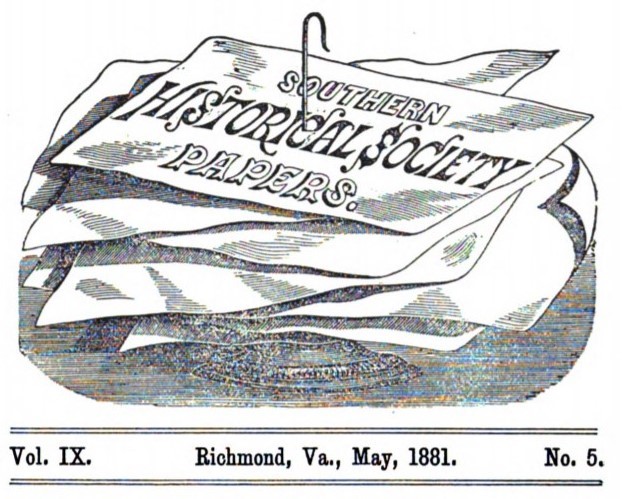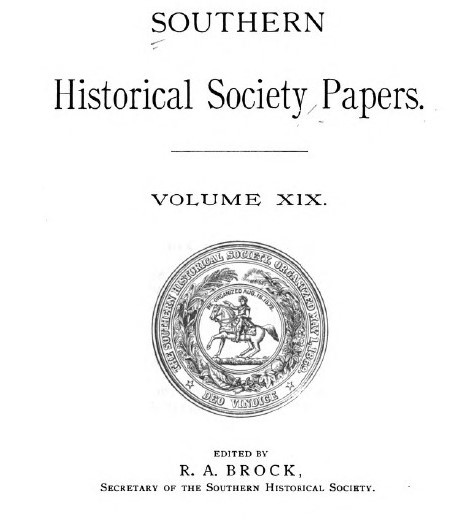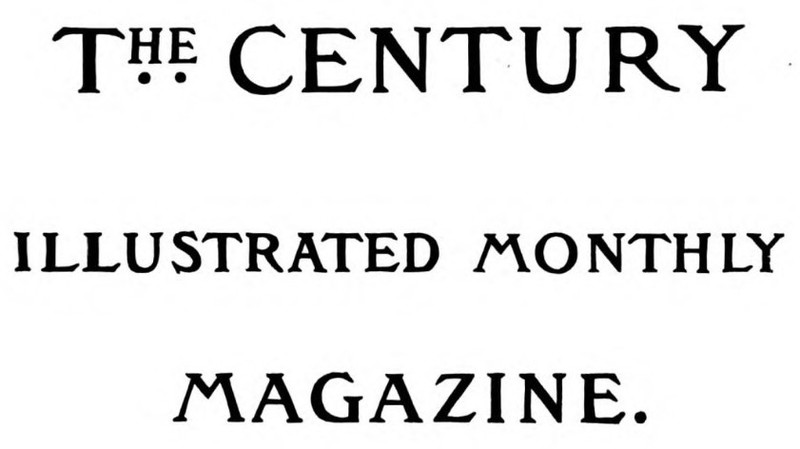Softening the Narrative
Historian David Blight has framed the shifting dialogue and perceptions surrounding the origins of the war as an emergent battle of contested memories. In the 1870s, less than a decade after the war's end, one such narrative perpetuated by the Southern Historical Society, through their publication Southern Historical Society Papers, advocated on behalf of the Confederacy, aggressively defending it and downplaying the role of slavery in the conflict (Blight, 158). Similarly, former Confederate soldiers sought to normalize their experiences and hardships, publishing personal stories. These narratives created a popular image of a victimized yet honorable and stoic Southern soldier who fought for his nation and family in self-defense against a tyrannical enemy in a 'War of Northern Aggression.’
These narratives painted the war as a battle fought out of necessity and obligation rather than a mass rebellion against the United States with the express goal of perpetuating and expanding the institution of slavery. Post-war Confederate narratives additionally shifted the dialogue towards white victimhood and away from Black Liberation and resistance. Instead, African Americans were depicted as passive bystanders, faithful slaves, childlike, or noble camp servants (Blight, 161-168). Such depictions have had longstanding cultural and social impacts on American society and have reinforced racial stereotypes and mythologized white sacrifice.
By the 1880s, this shifting narrative of the Civil War was absorbed into popular culture, and Civil War literature was a booming industry. White Northerners and Southerners alike devoured war-centric publications called "Papers" or "sketches." Sketches, or published accounts of the war, romanticized the war and downplayed the social and racial violence of the previous decades. One such periodical, Century Magazine, frequently published firsthand accounts of the war, softening perceptions of the horrors of the battlefield while simultaneously glorifying wartime sacrifices of white Americans, from both the United States Army and the rebelling Confederacy. Though African American narratives proclaimed the wonders of Emancipation, many Northerners "had simply run out of… interest in the place of race in Civil War remembrance" (Blight, 193).


